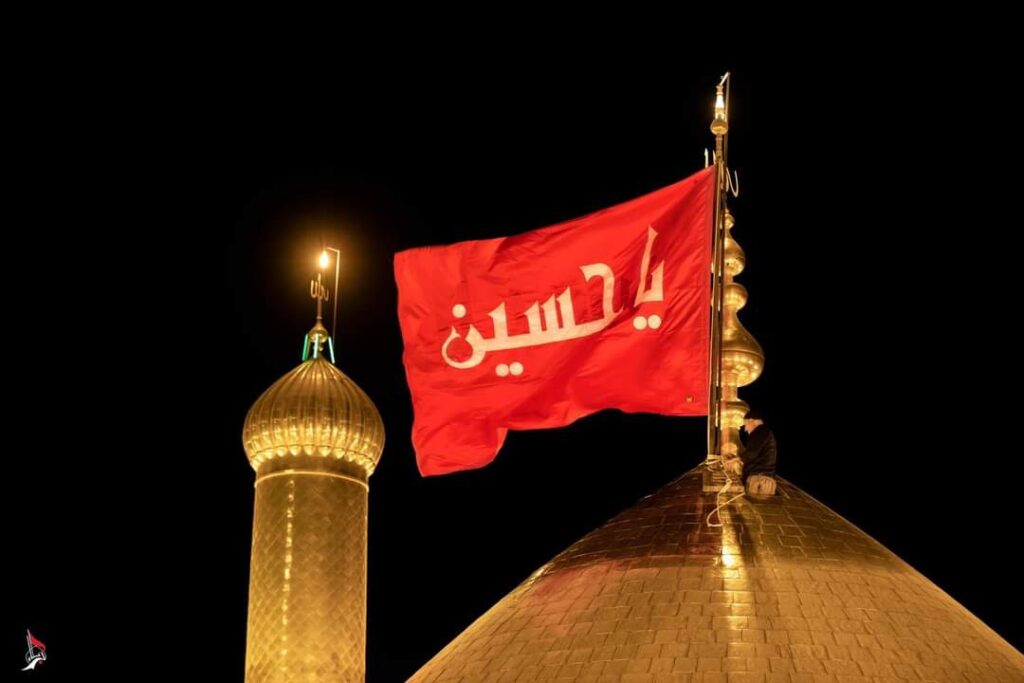The Islamic month of Muharram holds deep significance in the lives of Muslims around the world. As the first month of the Islamic calendar, it marks not just the beginning of a new year, but also a time of remembrance, mourning, and spiritual reflection—especially for the followers of Islam who recall the tragic events of Karbala.
What is Muharram?
Muharram is one of the four sacred months in Islam, during which warfare and bloodshed were historically forbidden. The word Muharram itself means “forbidden” or “sacred,” highlighting its reverence in the Islamic tradition.
Significance in Islam
For many Muslims, particularly Shia Muslims, Muharram is a time of mourning to remember the martyrdom of Imam Hussain (RA), the grandson of Prophet Muhammad ﷺ, who stood against tyranny and injustice. His bravery, sacrifice, and refusal to submit to oppression are remembered and honored.
For Sunni Muslims, while the mourning traditions differ, the month is still highly respected. Fasting on the 10th of Muharram, known as Ashura, is considered a highly rewarding act, as the Prophet Muhammad ﷺ recommended it to commemorate the day Allah saved Moses (Musa) and the Israelites from Pharaoh.
The Tragedy of Karbala
On the 10th of Muharram in 680 AD (61 AH), the Battle of Karbala took place in present-day Iraq. Imam Hussain (RA), along with his family and companions, was martyred for standing against the corrupt Umayyad ruler Yazid. Outnumbered and cut off from water in the scorching desert, their sacrifice became a symbol of truth, resistance, and justice for generations.
How Muharram is Observed
Shia Muslims:
Attend majlis (gatherings) to recall the story of Karbala.
Engage in mourning rituals like chest beating (matam).
Refrain from celebrations and often wear black.
Participate in processions to express grief and solidarity.
Sunni Muslims:
Observe voluntary fasting, especially on the 9th and 10th of Muharram.
Offer extra prayers and engage in acts of charity.
Reflect on historical lessons from Ashura.
Lessons from Muharram
Stand for justice, even if you stand alone.
Sacrifice and integrity are more valuable than power.
Faith under pressure reveals true strength.
Unity and respect across different Islamic traditions are essential in honoring this sacred month.
Final Thoughts
Muharram is not just a historical reminder; it’s a spiritual wake-up call. In a world where injustice, corruption, and oppression still exist, the story of Imam Hussain (RA) remains timeless. His sacrifice is a powerful lesson that transcends sects, cultures, and eras.
Let this month be a time of self-reflection, prayer, and unity. 🌙
Final Thoughts
May we all embody the values of courage, justice, and piety that Muharram teaches.
Ya Hussain!
🔍 I checked out my other blog:
📝 Israel-Iran War 2025 Explained

1 Comment
Pingback: Azaan Loudspeaker Ban: Faith, Freedom, or Noise Pollution? | Zarsco Blogs